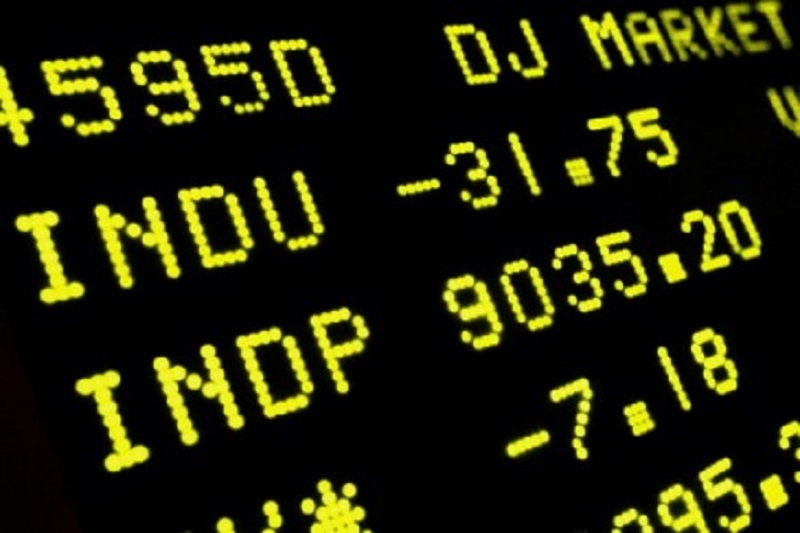
A Stock is a piece ownership of a company. That is why when you own stock, you are called a “shareholder” - i.e. someone who holds a share of a company. The company’s assets and future profits determine the value of your stock.
Stocks are not a gambling tool. They may seem like it, because their prices often lurch up and down with no rhyme nor reason. Many people gamble with them, and often lose more than they gain. But that’s not what stocks are. It’s very easy to trade stocks. Most banks offer brokerage services, where you can buy or sell for a fee. However, it’s much cheaper if you use a discount brokerage service. We will deal with the subject of discount brokerages later on in this book. Unless you are a multimillionaire pouring millions into a stock, you will find that stocks are very liquid investments. You can sell your stocks in seconds.
There are some 15,000 publicly listed companies (i.e. companies with tradable stock) in the U.S., and some 6,000 in Canada. As the number of publicly traded companies grew, it became harder to track how the stock market as a collective was doing overall. You could no longer point to a few stocks, to say the market did well overall in any given year. So, people created indices.
The two most famous U.S. indices are the Dow Jones Industrial Average, and the S&P 500. The Dow consists of 30 very large, very stable U.S. companies. it’s by far the older of the two indices, dating back to 1896. The S&P 500 on the other hand, consists of 500 of the largest U.S. companies. Both are widely quoted in the media. In Canada, the two most prominent indices are the TSX Composite Index, and the TSX 60 Index. The TSX Composite includes hundreds of the largest Canadian companies, while the TSX 60 includes just the 60 largest.
Read more on www.moneygeek.ca








